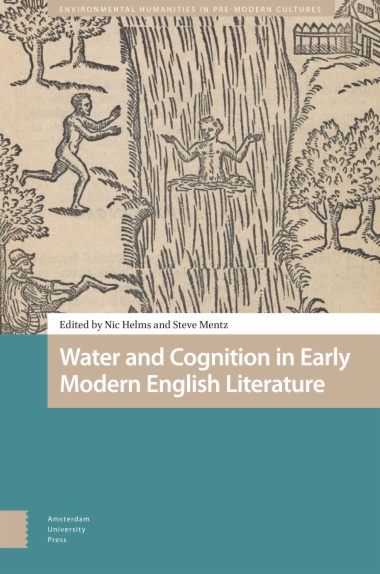AM:STARs: Advances in Adolescent Eating Disorders covers a wide variety of topics, including
- Challenging classical concepts in the diagnosis and medical management of eating disorders
- The media and eating disorders
- An integrated approach to eating disorders and obesity prevention: what the research has taught us
- Sex differences among adolescents and young adults with eating disorders
- Avoidant restrictive food intake disorder
- Atypical anorexia nervosa
- The female athlete triad
- Bone health and eating disorders
- Recent advances in neuroimaging studies of adolescents and young adults with eating disorders
- Newer approaches to nutritional rehabilitation
- Role of the adolescent medicine provider and nutritionist in family-based therapy
- Whether partial hospitalization and residential programs for the treatment of eating disorders work
- Psychopharmacology and eating disorders

